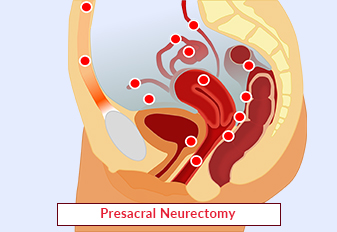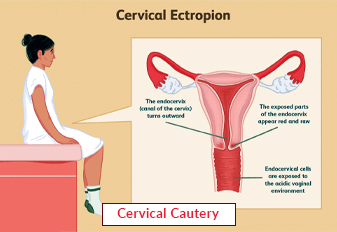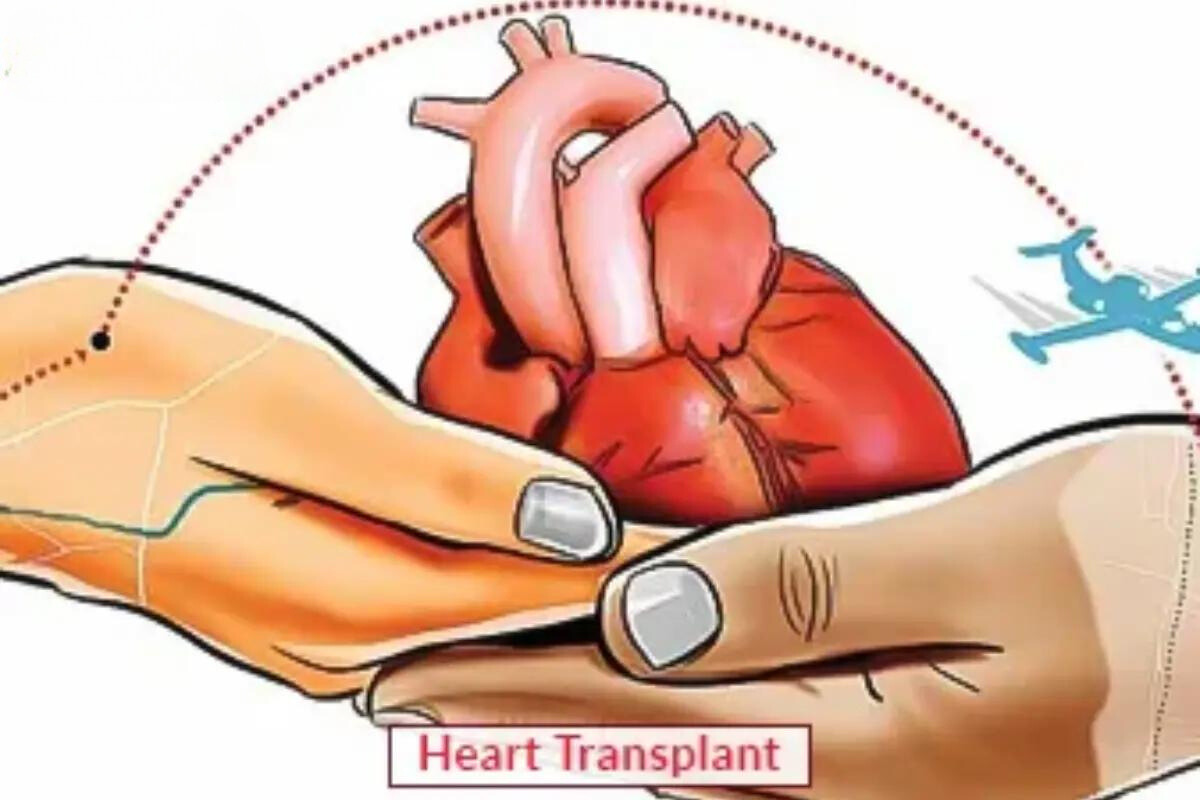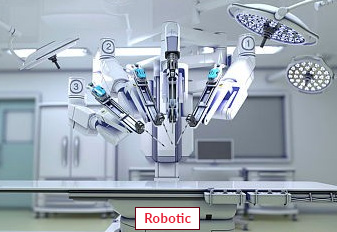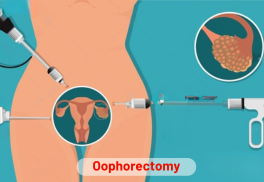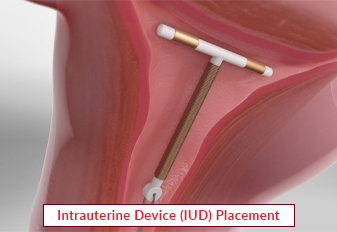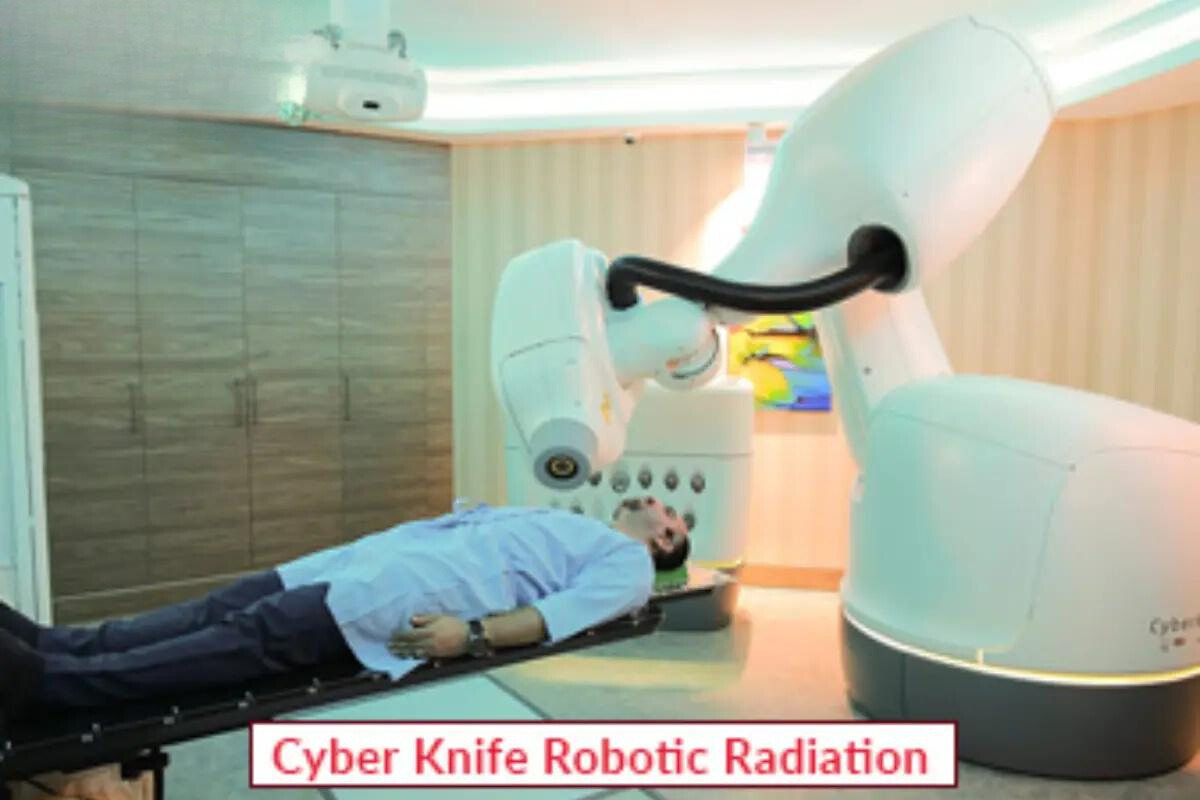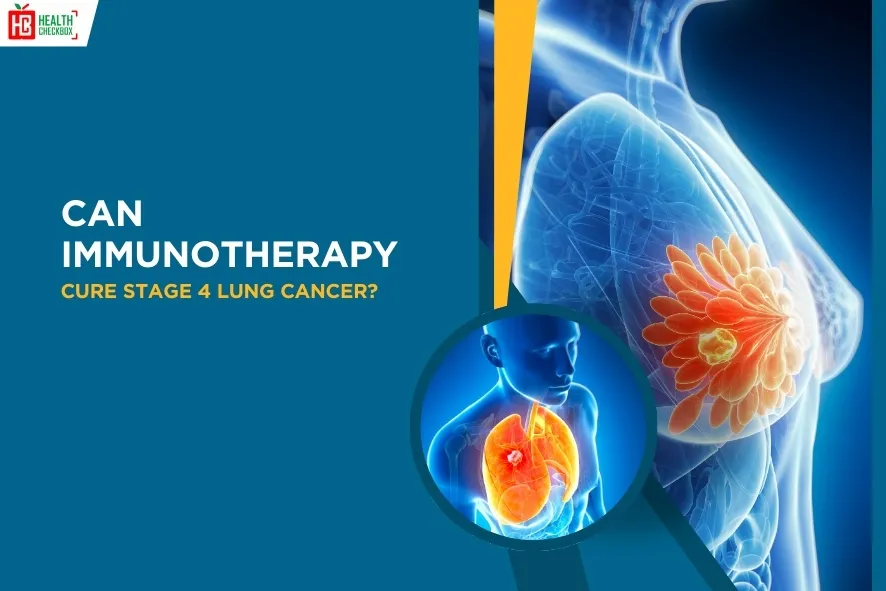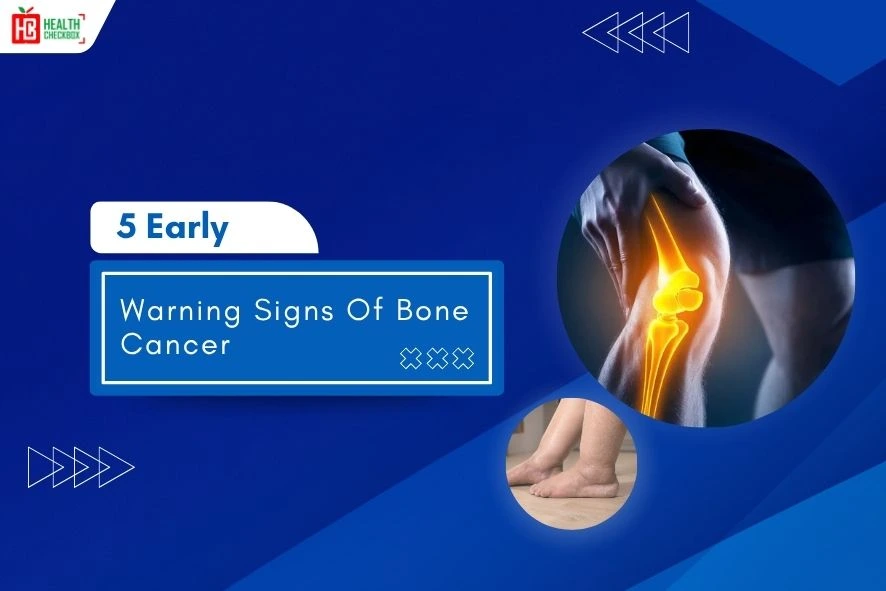Presacral neurectomy (PSN) treatment is a surgical procedure that aims to relieve chronic pelvic pain in adult females. Nerves that connect the uterus to the brain are selectively removed, as these nerve cells cause pain in the presacral area. Endometriosis, cancer, and chronic pelvic pain syndromes are the potential causes of this long-lasting pain.
The presacral plexus is targeted in this procedure. It is a network of nerves that lies in the lower part of the spine. These carry pain signals from the uterus to the brain. By exclusively removing or cutting away selected nerves, this surgery results in breaking up the to-and-fro movement of pain signals and, in this way, brings about relief from the chronic pain.
Types of Presacral Neurectomy
PSN is a surgery and does not affect pregnancy or the movement of the uterus during labor. Two types of this procedure are:
- Laparotomy: A large cut in the abdomen is made in this procedure.
- Laparoscopy: With the help of a camera, a small cut is made in the abdomen. This looks into and treats ill-health conditions in the abdomen. Women can conceive with this surgery, and this is considered to be an organ-sparing option.
Who Needs this Presacral Neurectomy Treatment?
- Women with Painful Periods: A Menstrual period that is full of pain is treated by this surgery.
- Endometriosis and Adenomyosis Conditions: PSN can be used to relieve pain due to these conditions.
- Midline Pain: PSN can be used to relieve pain in the center of the pelvis.
Risk Factors of Presacral Neurectomy (PSN)
- Heavy menstrual bleeding
- Women who have never given birth in their reproductive ages.
- Smoking
- Depression
Risks that Increase Dysmenorrhea
Painful menstrual period is termed as dysmenorrhea. This varies from sharp pain to mild one. Symptoms like tiredness, headache, vomiting, and nausea can accompany this condition.
Side Effects of Presacral Neurectomy Treatment
A presacral neurectomy is a nerve-cutting surgery where the side effects can vary and are listed below:
- Constipation
- Reduction in vaginal lubrication
- A changed sensation of bladder fullness.
- Modification to the ureters, bowel, or blood vessels.
What are the Presacral Neurectomy Complications in Females?
This surgery can have some complications such as:
- Constipation is an adverse effect that occurs frequently and is typically relieved with medicines.
- Symptoms of the urinary system that may be urgent.
- Labor pain that may be an issue.
- A serious consequence of damage to the right internal iliac artery.
- Chylous ascites this again may be a serious consideration.
- Middle sacral vein laceration, that is a serious consequence.
- Possibility of additional surgery is again a botheration.
Long-term complications can cause scarring and adhesion in women. Both of these conditions can adversely affect the women’s ability to give birth and may require further surgery at times.
Presacral Neurectomy Treatment Procedure
Presurgical Evaluation:
A full assessment of the patient will be performed to see if the woman is fit for the procedure. This can include:
- A revaluation of medical history.
- Physical examination.
- Imaging tests to confirm the severity of the condition.
Anesthesia:
- The procedure is usually carried out through an intravenous (IV) line to make sure the patient is asleep and is not able to sense any pain when the surgery takes on.
Incision and Exposure:
- A small incision in the abdomen is made, usually in the lower part, to get close to the presacral region. The surgeons mildly expose the presacral plexus nerves.
Nerve Dissection:
- The surgeon locates and selectively gets rid of the nerves of the presacral plexus. This is done so as to block the sending of pain signals from the pelvic organs.
Closure and Recovery:
- Following the nerve dissection, the open cut is closed with precision, and wound care is taken by the doctor’s team.
- The patient is then observed for post-operative complications in the hospital or clinic, before being finally discharged.
- It takes nearly 6 to 8 weeks to fully recover after the surgery. Lifting heavy objects and exercises should be avoided for quick recovery.
Risk Factors Occur in Patients after Surgery
For the patients, surgery is not a big thing, the thing is how you recover from that surgery. There are several risk factors that the patients may experience after treatment. These factors can also increase the recovery time. The factors are as follows:
- Breathing issues
- Reactions to medicines
- Pain in the surgical area
- Blood clot
- Constipation
- Diarrhea
- Bladder issues
- Vomiting
- Fatigue
- Shoulder pain
Our Other Services
Latest Health Tips
Can Immunotherapy Cure Stage 4 Lung Cancer?
Early Signs of Cervical Cancer
Foods that Kill Cancer: Leafy Vegetables, Grains, & More
What Stage of Cancer is Immunotherapy Used For?
Which is Worse for Cancer, Sugar or Alcohol?
Vaccines That Prevent Cancer
What Kills Cancer Cells in the Body Naturally?
Early Warning Signs of Bone Cancer
Submit Your Enquiry
Testimonials








